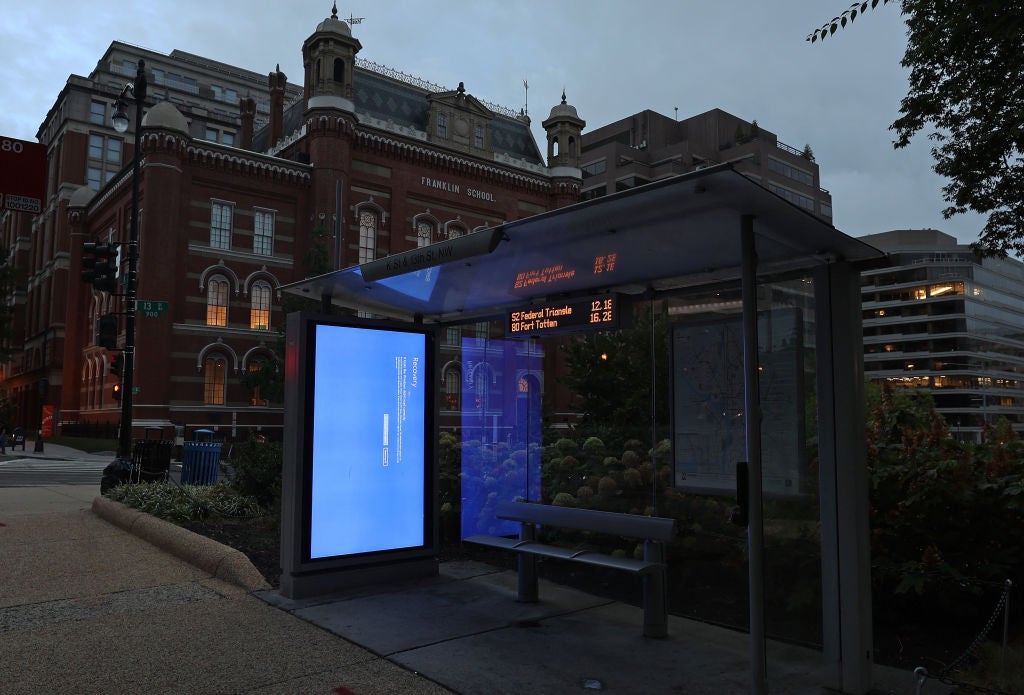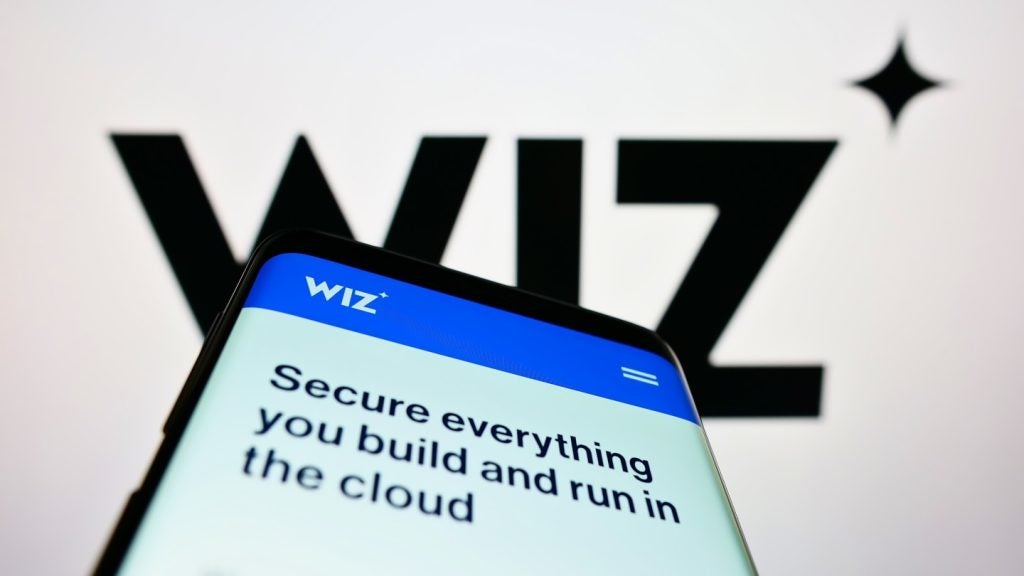The majority of carriers around the world have been unable to charge more for faster data speeds. Consumers want more for the same or less money unless carriers offer services positioned to fulfil unmet need. In addition, services must be compelling enough for customers to be willing to pay for them.
So far, these are not alarm bells for carriers because the primary impetus for deploying 5G is the vastly lower cost of operating a network, In the short term, the business case for 5G does not depend on new subscriber revenues or on the adoption of new 5G-specific use cases. It boils down to the basic cost efficiencies that 5G, as a more advanced technology than 4G, brings to the table.
That makes room for operators and developers to create use cases as the technology becomes ubiquitous and more mature. Nevertheless, carriers are currently working on ways to differentiate 5G, primarily by adding services and features only available via 5G – but not necessarily offering services that can only operate on 5G networks.
Revenue generating bundles for carriers
The service bundle is a revenue-generating strategy the market has seen in the US and Europe on 4G networks, and it is being replicated on 5G networks. In the US, in particular, carriers have always enticed users to sign up for premium plans through service bundles. Verizon, for example, has been bundling a number of streaming services with its most expensive data plans that also include 5G. The carrier’s Q1 2021 service revenues increased 1.5% from 2020 thanks to the fact that more than half of Verizon’s new customers signed up for its premium plans.
Verizon has added Apple Arcade and Google Play Pass to the mix. Verizon CEO Hans Vestberg declared at a recent financial analyst conference that Verizon is the largest direct-to-consumer (DTC) platform when it comes to payments processed, and he declared that Verizon has been key to the rapid subscriber growth for Disney+. Vestberg said this bundling has been accretive in terms of revenue because it can not only attract customers with content thanks to its distribution but also retain them.
T-Mobile has recently become more aggressive with this strategy. It first pioneered giving users Netflix bundled into service plans in 2017, and most recently is now bundling Apple TV+ with its most expensive plans.
How well do you really know your competitors?
Access the most comprehensive Company Profiles on the market, powered by GlobalData. Save hours of research. Gain competitive edge.

Thank you!
Your download email will arrive shortly
Not ready to buy yet? Download a free sample
We are confident about the unique quality of our Company Profiles. However, we want you to make the most beneficial decision for your business, so we offer a free sample that you can download by submitting the below form
By GlobalDataBetter with 5G
Some carrier bundles are growing more advanced to include services that are advertised as working better with 5G. In October 2020, EE and BT enhanced the BT Sport app to include new mixed reality features such as virtual stadium views, a 360-degree viewing experience, and augmented reality match statistics.
Vodafone Spain has created its own AR app in conjunction with its launch of Nreal Light glasses, enabling AR experiences over the Vodafone 5G network as part of a pan-European deal with Nreal to bring the glasses to all of Vodafone’s 5G markets.
Gaming – the system
Cloud gaming, a consistently touted key use case of 5G, is largely being sold as an add-on service as carriers forge partnerships with cloud gaming providers such as Microsoft.
Both mixed reality (AR/VR) and cloud gaming are expected to mature throughout 2021 thanks to heavy investments from large tech companies. Companies like Apple, Facebook, and Google are vying to dominate AR as they see it as the next consumer platform. The wearable smart glasses coming to market in 2021 will most likely be tethered to smartphones but could also become smartphone accessories by being tethered with other wearables such as smartwatches that can be sold via 5G carriers.
Carriers will become valuable marketers of early products and must be able to demonstrate the value needed to convince consumers to not only buy products but also use them on a regular basis.








Related Company Profiles
Meta Platforms Inc
Google LLC
EE Ltd
Netflix Inc
Apple Inc